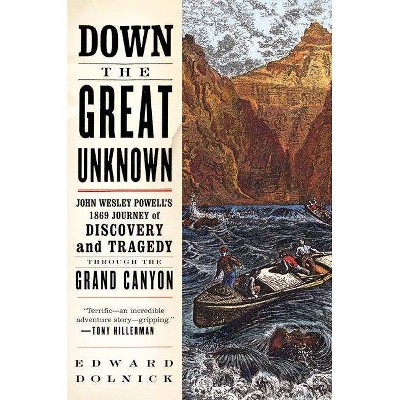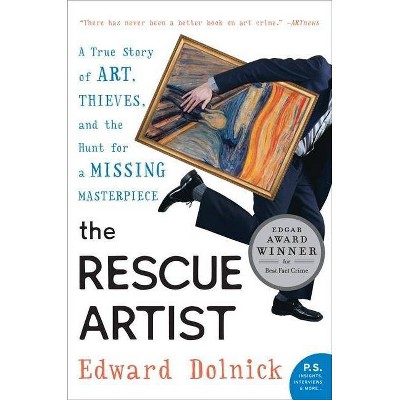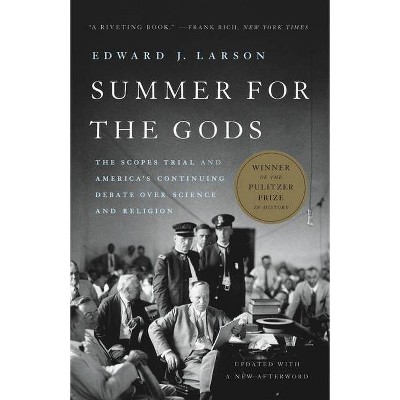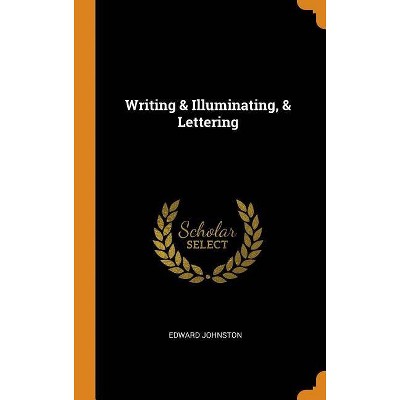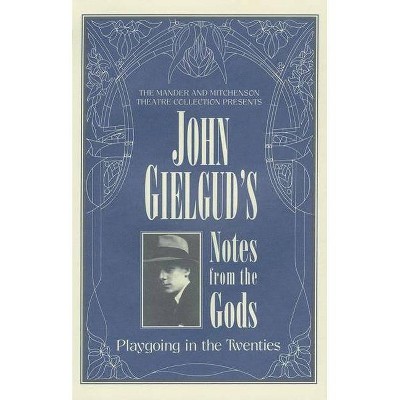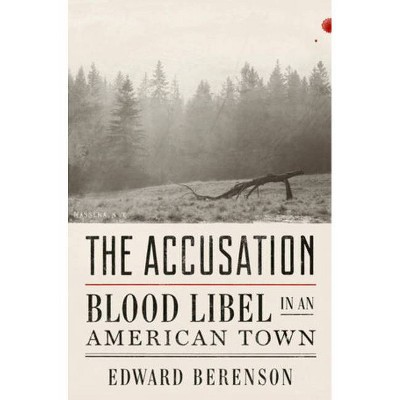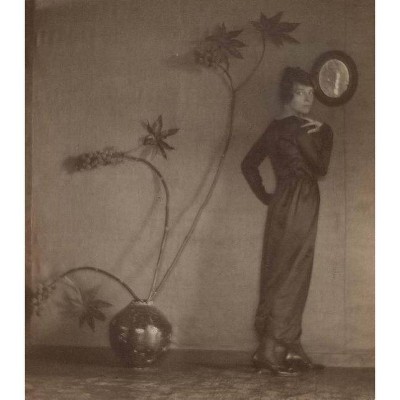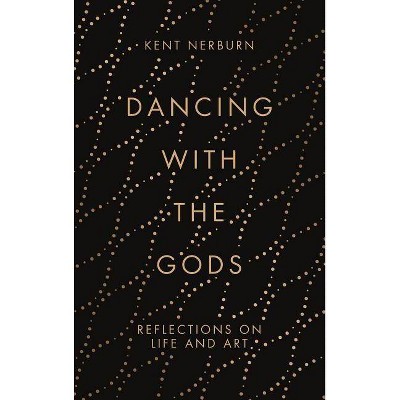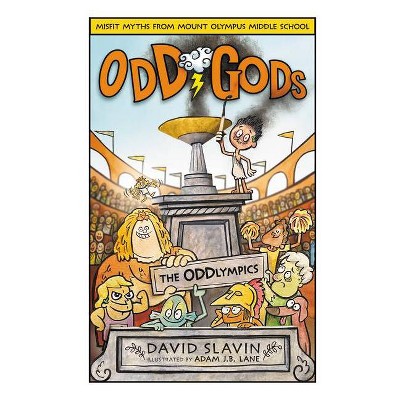The Writing of the Gods - by Edward Dolnick (Hardcover)
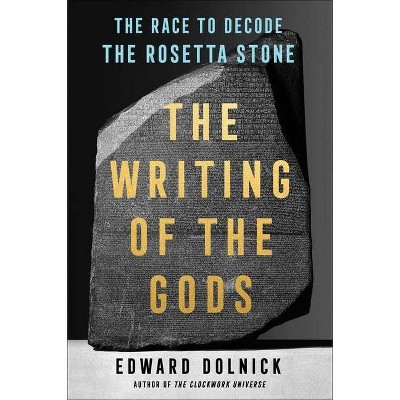
Similar Products
Products of same category from the store
AllProduct info
<p/><br></br><p><b> About the Book </b></p></br></br>"Carved in ancient Egypt, the Rosetta Stone carried the same message in different languages--in Greek using Greek letters, and in Egyptian using picture-writing called hieroglyphs. Until its discovery, no one in the world knew how to read the hieroglyphs that covered every temple and text and statue in Egypt. Dominating the world for thirty centuries, ancient Egypt was the mightiest empire the world had ever known, yet everything about it--the pyramids, mummies, the Sphinx--was shrouded in mystery. Whoever was able to decipher the Rosetta Stone, and learn how to read hieroglyphs, would solve that mystery and fling open a door that had been locked for two thousand years. Two brilliant rivals set out to win that prize"--<p/><br></br><p><b> Book Synopsis </b></p></br></br><b>The surprising and compelling story of two rival geniuses in an all-out race to decode one of the world's most famous documents--the Rosetta Stone--and their twenty-year-long battle to solve the mystery of ancient Egypt's hieroglyphs.</b> <p/>The Rosetta Stone is one of the most famous objects in the world, attracting millions of visitors to the British museum ever year, and yet most people don't really know what it is. Discovered in a pile of rubble in 1799, this slab of stone proved to be the key to unlocking a lost language that baffled scholars for centuries. <p/>Carved in ancient Egypt, the Rosetta Stone carried the same message in different languages--in Greek using Greek letters, and in Egyptian using picture-writing called hieroglyphs. Until its discovery, no one in the world knew how to read the hieroglyphs that covered every temple and text and statue in Egypt. <p/>Dominating the world for thirty centuries, ancient Egypt was the mightiest empire the world had ever known, yet everything about it--the pyramids, mummies, the Sphinx--was shrouded in mystery. Whoever was able to decipher the Rosetta Stone, and learn how to read hieroglyphs, would solve that mystery and fling open a door that had been locked for two thousand years. <p/>Two brilliant rivals set out to win that prize. One was English, the other French, at a time when England and France were enemies and the world's two great superpowers. <i>The Writing of the Gods </i>chronicles this high-stakes intellectual race in which the winner would win glory for both himself and his nation. A riveting portrait of empires both ancient and modern, this is an unparalleled look at the culture and history of ancient Egypt and a fascinating, fast-paced story of human folly and discovery unlike any other.<p/><br></br><p><b> Review Quotes </b></p></br></br><br>"An engrossing account of the 20-year competition that followed [the discovery of the Rosetta Stone]. . . . Dolnick exuberantly captures the frustrations and triumphs of scholars as they puzzle out the meaning of long-dead runes." --<b><i>New York Times Book Review</i></b> <p/>"[Dolnick] does a masterful job of guiding the reader through the labyrinth of false starts, wrong turns, and dead ends that prefaced a fuller understanding of the symbols. . . . <i>The Writing of the Gods</i> is an engrossing account of one of the greatest breakthroughs in archaeological history, one that brought a dead language, and a buried culture, back to life." --<b><i>Christian Science Monitor</i></b> <p/>"An entertaining account of a great intellectual achievement."<b> </b>--<i><b>The Economist</b></i> <p/>"Dolnick treats [Young and Chamopillon's] efforts like a thriller, with both men making game-changing breakthroughs, benefiting from shrewd guesses, and being hampered by preconceptions or bad luck. While the codebreaking chapters captivate, the supporting material--covering the development of writing, the history and culture of ancient Egypt, Napoleon's military campaigns in the region, the academic milieu of the early 19th century and more--can be every bit as entertaining." <b>--<i>Minneapolis Star Tribune</i></b> <p/> "[Dolnick] does a first-rate job of storytelling; his scenes are vivid and his cast of charracters wide-ranging. Too, he writes with wit."<b> --<i>New York Journal of Books</i></b><br><br>"[Dolnick] has a remarkable ability to explain and contextualize complex topics and create compelling, lucid nonfiction narratives. . . . Reading <i>The Writing of the Gods </i>is like tagging along for a dazzling intellectual journey of discovery, akin to listening to a fascinating lecture. Dolnick brings this period of history to life in the same way the Rosetta Stone revived ancient Egypt." <b>--<i>BookPage </i>(starred review)</b> <p/> "Stimulating. . . . Dolnick lucidly explains the complex steps taken to decipher the relic, and offers brisk and enlightening history lessons on the first appearances of written language, Roman emperor Constantine's conversion to Christianity in the fourth century, the Scientific Revolution, and Napoleon's invasion of Egypt. The result is an immersive and knowledgeable introduction to one of archaeology's greatest breakthroughs." --<b><i>Publisher's Weekly</i></b> <p/> "Dolnick presents a fast-paced intellectual adventure for general readers that surveys the invention of writing and the processes of deciphering and decoding. Highly recommended for anyone who relishes challenging puzzles." --<b><i>Library Journal</i></b> <p/> "Prolific nonfiction author and prior science writer at the <i>Boston Globe</i>, Dolnick's prose is beautifully lyrical, and will engage even those unfamiliar with the three converging subjects of ancient Egypt, the Rosetta Stone, and Europe during the Napoleonic Wars." <b>--<i>Booklist</i></b> <p/>"Dolnick provides an exciting narrative of the journey to legibility. . . . Dolnick makes complicated linguistic challenges not only comprehensible, but also especially vivid for readers new to the subject, and, as in his previous books, his enthusiasm is infectious." <b>--<i>Kirkus Reviews</i></b><br><br><b>PRAISE FOR EDWARD DOLNICK</b> <p/><b><i>The Seeds of Life</i></b> <p/>"Fascinating." <b>--<i>The New York Times </i></b> <p/>"Engaging and exuberant."<b> --<i>The Wall Street Journal</i></b> <p/>"A wonderful, astonishing story, beautifully told. Edward Dolnick has surpassed himself (and everyone else)!"<b> --David Wootton, author of <i>The Invention of Science: A New History of the Scientific Revolution</i></b> <p/> <p/><b><i>The Clockwork Universe</i></b> <p/>"Delightful." <b>--Robert Krulwich, <i> NPR</i></b> <p/>"I've read a lot of science books and this is by far one of the best I've ever read. It's fascinating, clear, even funny." <b>--</b><b>Barbara Strauch, former science editor, <i>The New York Times</i></b> <p/> <p/><b><i>The Forger's Spell</i></b> <p/>"Edward Dolnick has a novelist's talent for characterization, and he raises fascinating questions."<b> --<i>The New York Times</i></b> <p/>"Extraordinary. . . . fascinating. . . . compelling."<b> --<i>Publishers Weekly</i> (starred review)</b><br><p/><br></br><p><b> About the Author </b></p></br></br>Edward Dolnick is the author of <i>The Writing of the Gods</i>, <i>The Clockwork Universe, The Forger's Spell, Down the Great Unknown, </i> and the Edgar Award-winning <i>The Rescue Artist</i>. A former chief science writer at <i>The</i> <i>Boston Globe</i>, he has written for <i>The</i> <i>Atlantic</i>, <i>The</i> <i>New York Times Magazine</i>, and many other publications. There are over 130,000 copies of his books in print. He lives with his wife near Washington, DC.
Price History
Price Archive shows prices from various stores, lets you see history and find the cheapest. There is no actual sale on the website. For all support, inquiry and suggestion messagescommunication@pricearchive.us
